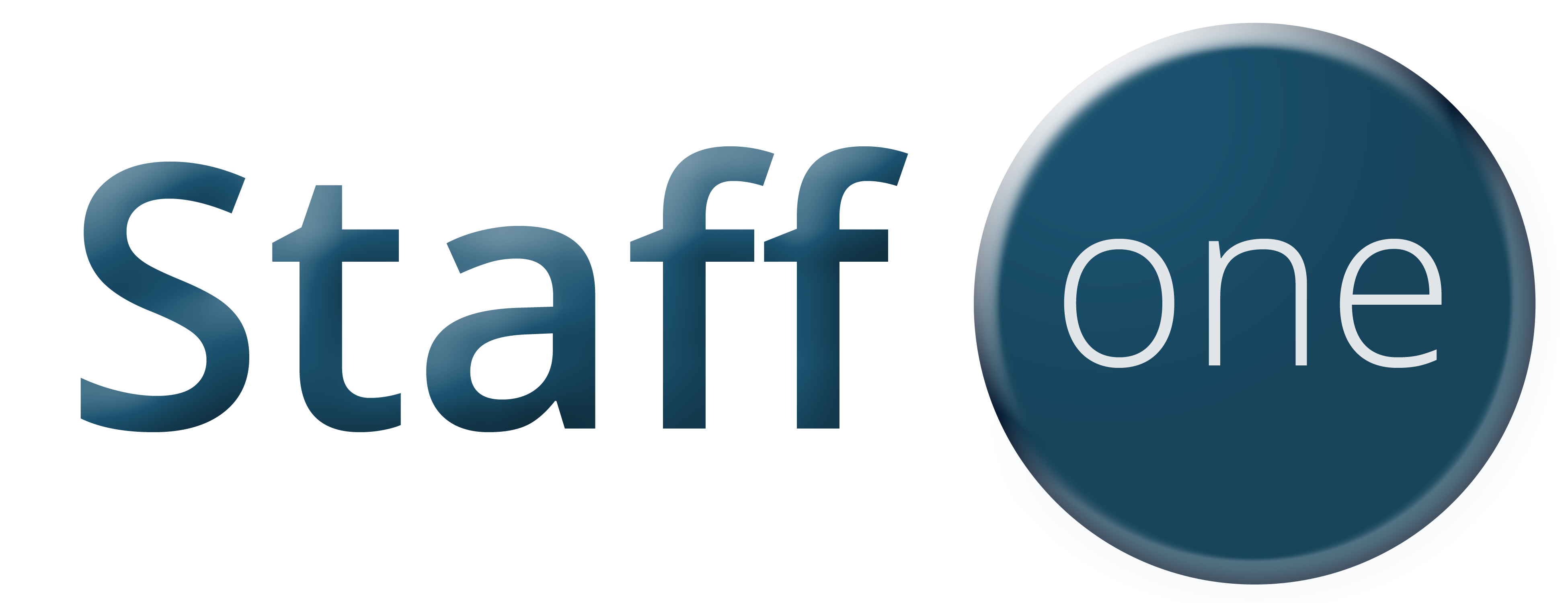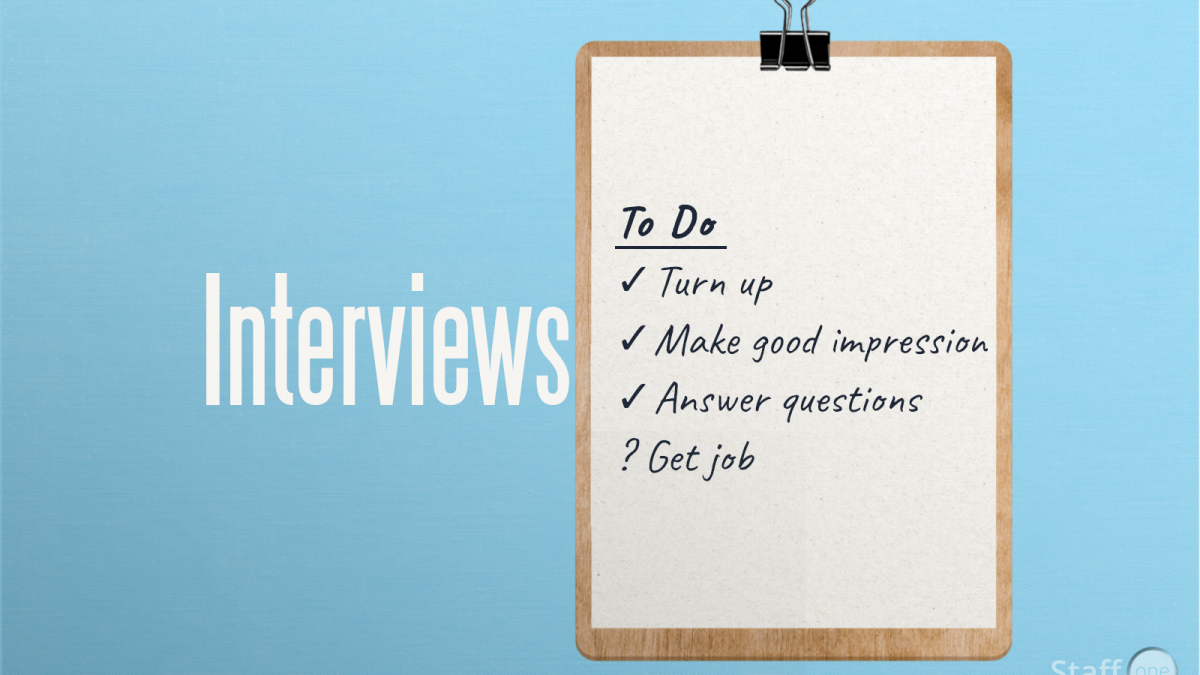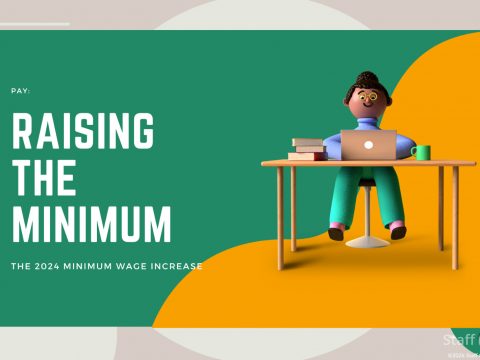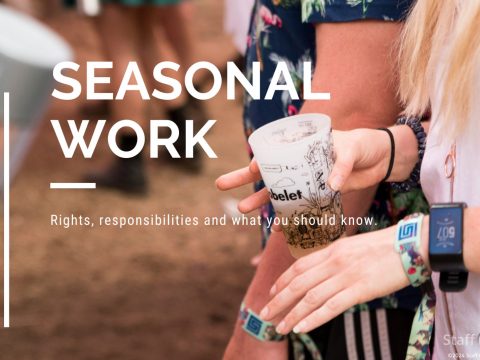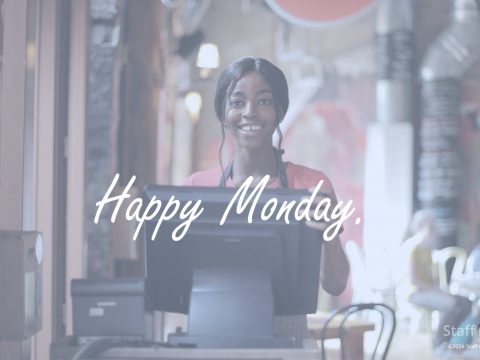- Contact us:
- 03300 535 600
- [email protected]

Post Work Positivity #MHAW21
May 12, 2021
Recruiting for ourselves
August 26, 2021Whether we help you get that job with one of our amazing clients or whether you seek out that golden opportunity on your own, don’t say we didn’t help you!
Either way, some hiring managers are happy to judge you by your work, some by your CV and others by the content of your interview. In this post, we’re hoping to provide a run-through of the very basics when it comes to undertaking an interview for your chosen role. Whether top of the ladder or entry level – the basic premise is the same and always has been so nail these basics and you’ll be set for the rest of your career!

In a digital world the paper CV is on the verge of being obsolete. That said, bringing a copy to an interview still has huge impact on your interviewer. Having a well laid out CV, printed on quality paper goes such a long way. The first impression of shaking an interviewees hand and then being offered a copy of their most up-to-date CV shows that the interviewee is confident in their track record and shows that they have consideration for the person interviewing them and that they are prepared.
Although a minor part of the whole interview, this pleasantry will leave an impression that will help set the tone for the interview and will make you a memorable candidate even if the contents of your CV aren’t

Practice answering interview questions. Taking the time to review typical interview questions will help give you a framework for your responses. It will also reduce stress because you won’t be scrambling for an answer during the interview. Practice interviewing with a friend or family member ahead of time, and it will be much easier when you’re actually in a job interview.
The internet is awash with a host of example interview questions, scenarios and Videos that will potentially help you to prepare for even the most difficult questions.

Reread the job posting and analyse it to determine what the employer is looking for in a candidate. Then make a list of the skills, knowledge, professional, and personal qualities that are required by the employer and are most important for success in the job. Be ready to describe the attributes that make you the perfect match for the job. The closer your qualifications match the job requirements, the better chance you’ll have of getting a second-round interview and a job offer.
Research the company by reading their website, looking at their social media presence, reviewing LinkedIn profiles of current and past employees, and talking to any personal connections who’ve worked at the company. Pay special attention to the job skills most common among employees and any mention of the company culture. Culture fit is important – for your happiness, as well as for the employer’s success.
Don’t forget to do a Google News search to find out whether the company has received any positive or negative press recently. You might learn about initiatives that make the company a more attractive employer or you might learn that the organization is in trouble and you’d be better off focusing your attention elsewhere.

You can’t lose points for being early (within reason – more than 20 minutes is a bit keen) but you can certainly lose points by being late!
Plan your journey ahead of time to allow for parking, delays and getting from your parking or public transport location to your interview location. Nothing will annoy someone with a busy interview schedule more than someone who can’t turn up on time. Likewise – make life easier for yourself – having ten to twenty minutes before an interview to acclimatise to your environment, to catch your breath, cool down, take off your jacket and compose yourself can make all the difference.
On a side note:- being early permits you to be a bit nosey. Being early allows you to pre-interview the company, how many people are coming and going? what do the facilities look like, are they well maintained? Do the staff look happy and cheerful? Can you see yourself working here? Remember you’ll be there for hours at a time for potentially years, this will likely be the longest time you’ll spend in the workplace before (hopefully) becoming an employee, make sure it feels like the place you’d want to call home work!

The STAR Method is a structured manner of responding to a behavioural-based interview question by discussing the specific situation, task, action, and result of the situation you are describing.
Situation: Describe the situation that you were in or the task that you needed to accomplish. You must describe a specific event or situation, not a generalized description of what you have done in the past. Be sure to give enough detail for the interviewer to understand. This situation can be from a previous job, from a volunteer experience, or any relevant event.
Task: What goal were you working toward?
Action: Describe the actions you took to address the situation with an appropriate amount of detail and keep the focus on YOU. What specific steps did you take and what was your particular contribution? Be careful that you don’t describe what the team or group did when talking about a project, but what you actually did. Use the word “I,” not “we” when describing actions.
Result: Describe the outcome of your actions and don’t be shy about taking credit for your behaviour. What happened? How did the event end? What did you accomplish?

Portfolio – If you do a creative job or are in an industry that produces and end product that you’re involved in then bring along examples, whether you build houses, market a brand or are involved in any stage of the life-cycle of a product, bring evidence of it with you. Pictures, facts, figures or charts are all assets that showcase your hard work.
References – Most employers dislike the process of referencing so having these to hand in letter form from a past employer will win serious brownie points.
Follow-up – After your interview you will be relying on the memory of the interviewer to recall you as a candidate and, in some instances, to discuss your interview with someone who perhaps wasn’t present at the time. Increase your chances of being selected by following up your interview with a short message via LinkedIn or email, for example, to thank the interviewer for their time and to note that you are keen on the role and available for any further questions.
